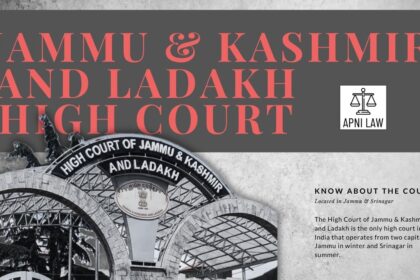Code
Whoever is guilty of rioting, shall be punished with imprisonment of either description for a term which may extend to two years, or with fine, or with both.
Explain it
This section defines rioting as an unlawful assembly of five or more persons that uses force or violence or commits any act that causes or is likely to cause fear of hurt, injury, or disturbance of the public peace. The essential elements of the offence are:
- Unlawful Assembly: A gathering of five or more persons with a common object, which is unlawful.
- Force or Violence: Use of force or violence by the assembly or any member of it.
- Fear of Hurt, Injury or Disturbance of Public Peace: An act that causes or is likely to cause fear of hurt, injury, or disturbance of the public peace.
The section makes it clear that even if no actual hurt or injury is caused, the mere act of using force or violence or committing any act that causes fear of such is enough to constitute rioting Illustrate it
Consider a situation where a group of people gather in front of a government office to protest against a new policy. The protest turns violent when some members of the group start throwing stones at the building. This would constitute rioting under Section 147 of the IPC, as the assembly is unlawful (due to the use of violence), and the act of throwing stones is likely to cause fear of injury or disturbance of the public peace.
Common Questions and Answers:
Q: What is the punishment for rioting under Section 147?
A: The punishment for rioting under Section 147 is imprisonment for a term which may extend to three years, or with fine, or with both.
Q: Does the assembly need to be actually violent for it to be considered rioting?
A: No. The assembly does not need to be actually violent. The mere act of committing any act that causes or is likely to cause fear of hurt, injury, or disturbance of the public peace is enough to constitute rioting.
Q: Can an individual be charged with rioting even if they didn’t participate in the violenc
e?
A: Yes. Any member of an unlawful assembly that uses force or violence or commits any act that causes or is likely to cause fear of hurt, injury, or disturbance of the public peace can be charged with rioting.







